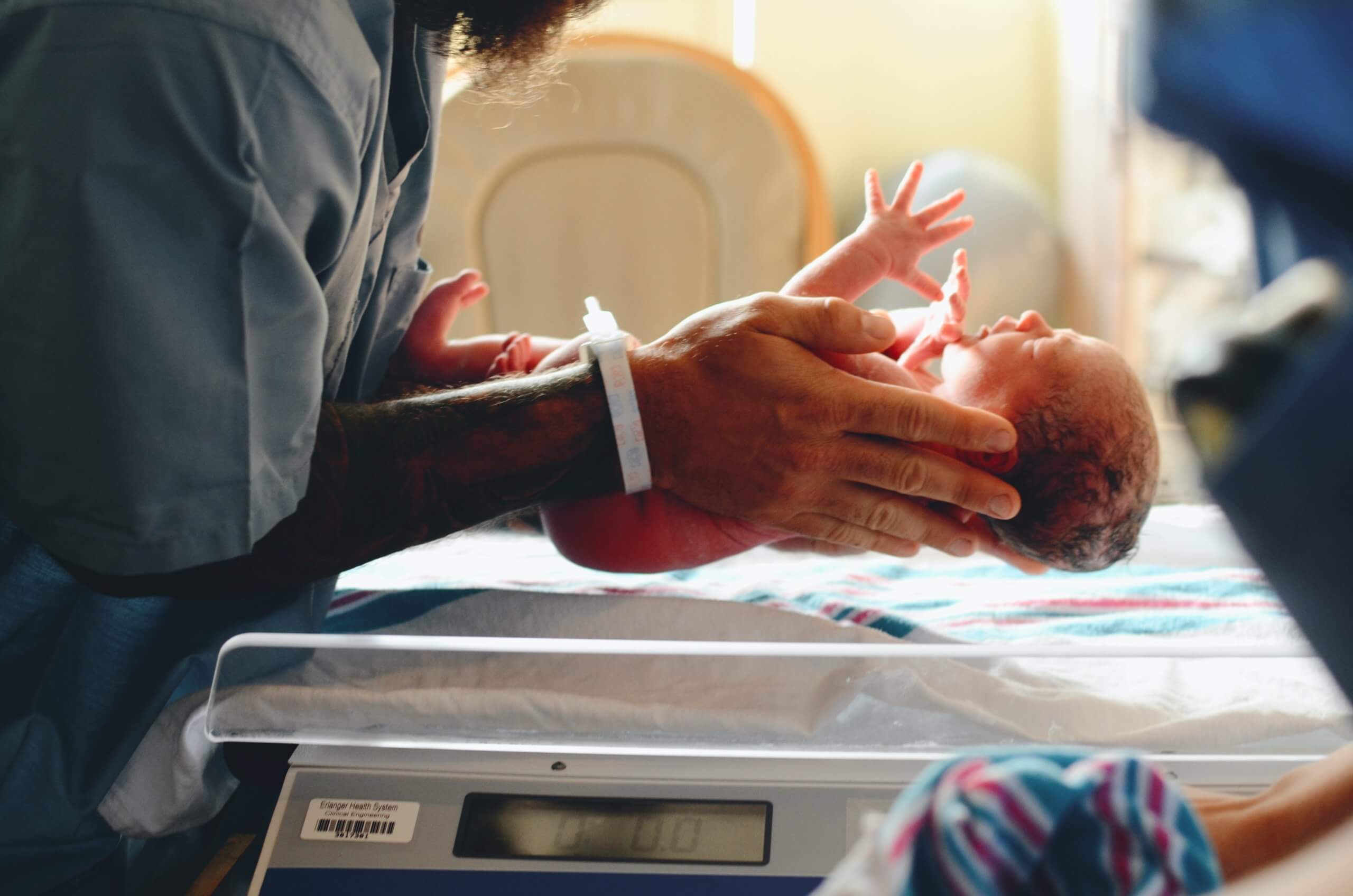Hold the needle! New research finds giving antibiotics to one-week-old babies is preparing them for an unhealthy gut. A new study finds that antibiotics kill off a substantial number of good bacteria needed to digest milk and develop immunity.
Currently, broad-spectrum antibiotics that target a wide range of bacteria are prescribed to 4% to 10% of all newborns for suspected infections. In most cases, most antibiotics are overprescribed and only a small proportion of children who get the drug actually need to treat their infection. The findings suggest doctors should be cautious of overusing antibiotics in newborns for the future risk it poses to the gut microbiome.
An international team of researchers studied how antibiotics affected the microbiome of 227 newborns. Researchers suspected about 147 infants had sepsis after one of three standard antibiotic treatments compared to 80 babies who had no infections and no antibiotic exposure.
The researchers also collected rectal or fecal samples before and after antibiotic treatment. Additionally, they also collected fecal samples to study the gut microbiome at 1, 4, and 12 months of age.
Newborns given antibiotics had a significant reduction in the Bifidobacterium species compared to babies who were not exposed to antibiotics. These microbes are important in digesting human breast milk, supporting gut health, and enhancing immune defenses against infection.
Antibiotics were also linked to an increase in potential disease-causing bacteria and in the number of genes involved in antimicrobial resistance. Overall, antibiotics shifted the balance of the gut microbiome with 251 out of 695 gut bacteria altered after treatment.
“We were surprised with the magnitude and duration of the effects of broad spectrum antibiotics on the infants’ microbiome when compared to effects of those same antibiotics on adults’ microbiota. This is likely because the antibiotic treatment is given at a time that infants have just received their first microbes from their mother and have not yet developed a resilient microbiome,” says Professor Debby Bogaert, Chair of Paediatric Medicine at the University of Edinburgh and lead author of the study in a media release.
Of the three antibiotic treatments given to newborns, penicillin and gentamicin caused the least harm to a baby’s gut microbiome and caused the least increase in genes involved in antimicrobial resistance. The results indicate the combination of these antibiotics may be preferred if newborns direly need infections that require antibiotic treatment.
The study is published and available to read in Nature Communications.
